"I became a mother and realized that life was happening now."
CORE SAMPLES author and climate scientist Anna Farro Henderson on "inefficient efficiency" in writing (🎉and scroll down to the bottom to enter to win an early copy of The Good Mother Myth!🎉)
Hello there! Welcome to Write More, Be Less Careful, a newsletter about making space for creative practice in a busy life. My next book, The Good Mother Myth, will be out in January 2025, and you can pre-order it now! (And you scroll down to the bottom for the link to enter the Goodreads giveaway, which is running until August 28th!)
This is a good creatures interview, a series that explores the intersection of caregiving and creative practice. I’m so excited to showcase people doing lots of kinds of caregiving—people caring for kids or pets or other family members and/or caring for space through gardening or community work or activism—and lots of kinds of creative work.
If you know (or are!) a good creature whose work we should feature, send me an email—you can just reply to this newsletter.
Today’s interview is with Anna Farro Henderson, a writer and climate scientist, whose first book, Core Samples: A Climate Scientist's Experiments in Politics and Motherhood, will be out in October. That’s still a little ways off, but it feels like a good time to be celebrating Minnesota state politics, which are a core topic of Anna’s book; as you’ll read below, she worked for Senator Al Franken and then in the Minnesota State Capitol when her sons were small. You can preview an essay in the book in Cleaver Magazine: Packing for an Overnight at the State Capitol. Below, we talk about walking as a way into writing and the importance of seeing both writing and parenting as processes, not outcomes.
Who do you care for?
I care for my two sons ages eleven and fourteen. They are both taller than me! Parenting tweens and teens is different than young children. I can step away more easily, but they still need a parent around. They crash into their own limits and their big emotions and the reality of institutions and social situations. They also build cars from broken household objects and bake cakes. Sometimes they set things on fire.
I became a mom four months before defending my PhD. We couldn’t afford childcare that first year. My husband and I traded off between work and the baby. It was super hard. All my memories are blurry. During our postdocs, we shared parenting. There was a lot of solo parenting while the other one travelled for work. It felt like we were just surviving. When we left academics to do AAAS Fellowships, my husband became the on-call parent. I worked in the U.S. Senate for Senator Al Franken and then in the Minnesota State Capitol for Governor Mark Dayton. In politics I never knew when something would happen and I would need to work late—or even sleep at the State Capitol. When my oldest son was in third grade and my youngest in kindergarten, I left politics to focus on writing (I also work day jobs to make money, just way more flexible day jobs). I am now the on-call parent.
I also care for a very large dog named Sky. Sky needs cuddles and walks and sitting quietly in the yard. I often need this too. Caring for Sky is an external force making me care for myself.
What kind of creative work do you do?
I write and I do interactive public art. My first book, Core Samples: A Climate Scientist’s Experiments in Politics and Motherhood, is coming out this fall. While I will being doing a traditional book tour, I also have a grant to do a rural book tour of Minnesota (this allows me to go to communities that don’t have bookstores). With the support of this grant, I am doing a community bookmaking project.
While Core Samples is narrative non-fiction, I also write fiction. I have a lot of projects going at once, and I struggle to balance them all, never mind balancing writing with home and paid work.
My paid work is in environmental policy. I run a grant making program to support work on climate change, and I consult with other foundations. This work is also creative, sometimes involves writing, and always is about telling a great story.
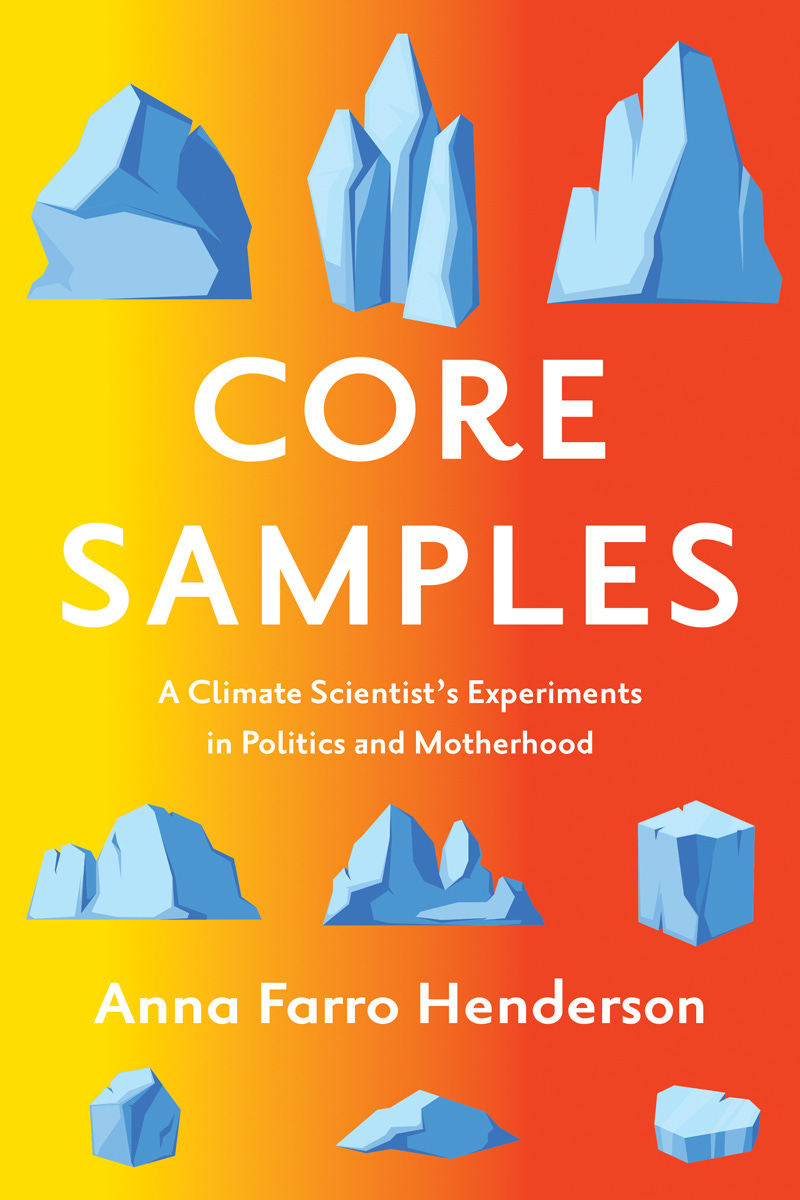
Is there something specific you do to jumpstart creativity?
I have an office under a massage parlor about a mile from home. Walking there (and not interacting with my phone) gives me time to clear my head. While I often feel anxious to jump into a project as fast as possible, I find that the forced slowness (sometimes boredom) of walking allows ideas and thoughts to bubble up. Feelings and frustrations also rise up and dissipate. It is really hard for me to accept slowing down, but what can feel inefficient often leads to greater productivity. If I command myself to start work without a transition, I might find myself facing a wall.
Another inefficient efficiency is writing by hand. I start most projects and many edits writing by hand. If I am struggling. I write a letter to a particular person. When I know who I am writing to my voice is confident. For me writing is a process of discovery. I don’t know what is going to happen as my pen moves across the page.
If I am in the middle of a project and have left myself a note, I might be able to pick up where I left off without any transition. I might also not have slept well because I could not let go of my work from the night before.
Part of my writing process is the freedom to explore, experiment, and write things that have no purpose or might not even be any good. . . This is similar to my attitude on raising children. It is exciting when they win a race or do well on an assignment, but that is not what is happening most of the time, and it is not what defines them.
What’s changed about your process? About your medium or genre?
For a long time I thought of my writing as self care more than art. I wrote because I was exploding with wonder or confusion or sadness. But I hadn’t seen a place for art in my life as an academic. I thought that one day, later, I could write and do art. Then I became a mother and realized that life was happening now. I had been focused on working hard to eventually arrive at a destination (a tenure track job). With a tiny baby in my arms, I found a deep sense of spirituality being present in daily life. Sleep deprived, my career and geographic future uncertain, I set up a desk on the landing of the back steps of our duplex apartment to write.
As my kids grow and change, I keep having to find different times of day and places to write. For periods of time I have woken up to write before sunrise. For a while I drew during my lunch break. I have always used the back pages of office and laboratory notebooks for personal notes and reflection—sometimes poetry.
My first book, Core Samples, is essays, which reflects my writing in shards of time (some stolen from sleep). The book is a romp. Some essays are under a thousand words. One is written as a packing list. Another is structured as a diary keeping track of the ounces of milk I pumped while working in the U.S. Senate. This structure allows a reader to dip in and out of the book. A busy reader can move through the narrative arc of a flash piece in a few minutes.
In my current writing, I have had more time and this allows me to hold bigger projects. I am working on a novel about a woman composing a symphony on climate change in Venice. I feel expansive—and challenged. It is exciting to know that I can write in different ways.
What has caregiving given you / taken away from you?
Caregiving has given me a sense of myself as multi dimensional. I used to think of my identity as my paid work. While I am intense and enthusiastic about my writing and my work in environmental policy, I now see myself as much more than tangible outcomes.
Part of my writing process is the freedom to explore, experiment, and write things that have no purpose or might not even be any good. Seeing myself as more than outcomes is critical. I write and create as a process. My hope is that some of this turns into work I publish and put out into the world. This is similar to my attitude on raising children. It is exciting when they win a race or do well on an assignment, but that is not what is happening most of the time, and it is not what defines them.
Caregiving has taken some of my health. In pregnancy I developed terrible back pain and weird symptoms that took a decade to identify as a hypothyroidism. I have learned that sleep, exercise, and healthy eating are essential not only for my children but also for me. It can be super frustrating to try to balance my needs with paid work and creative work and caregiving. To make art, care for children, and be okay, I need to do some weight lifting, walking, napping, meditation, and take downtime. Those things could take up all my time. It is a constant shuffle and experiment.
a question for you
One of the things I was most afraid of before I had my own kids was that caring for a baby would steal my creativity and/or my ambition—and, like Anna, I found that the opposite was really true! In fact, the way that having kids can heighten the urgency of your creative work or sharpen your ambition has become a kind of mini-theme of the good creatures series.
a couple examples:
💜
, on how the “weirdly freeing" "loss of selfhood" she experienced in motherhood helped her become a writer💙 Margo Steines, on how becoming a parent made her more ambitious
💚 Barrie Miskin, on how becoming a mother created urgency in her writing practice
So I’d love to know: how has your caregiving impacted your creative practice and/or your ambition around that work?
Anna Farro Henderson is a PhD climate scientist who worked as an advisor to Minnesota Senator Al Franken and Governor Mark Dayton. Her first book, “Core Samples: A Climate Scientist’s Experiments in Politics and Motherhood,”is forthcoming from University of Minnesota Press in October 2024. Her publications have appeared in River Teeth, The Kenyon Review, and The Normal School, among others (she previously published as E.A. Farro). She has been a recipient of Minnesota State Art Board grants, an Everwood Farmstead residency, and the Terrain.org’s 2023 fiction contest, among others. She teaches at the Loft Literary Center.
Pre-order a signed copy from Magers and Quinn, an independent Minnesota bookstore, or from Amazon
Anna's got lots of upcoming events that you can find on her website. And if you are in Minnesota, you can see her in conversation with Minnesota Speaker of the House Melissa Hortman at the Open Book October 23rd.
You can find Anna on facebook at Anna Henderson, on Instagram at anna_farro_henderson, and on Linkedin at Anna Farro Henderson. Read more at eafarro.com, and sign up for her Substack newsletter Science Love Notes.
🎉 enter the Goodreads giveaway for The Good Mother Myth! 🎉
The Good Mother Myth isn’t out until January, but if you want to get it early, you can enter the Goodreads giveaway that’s running until August 28th. (While you’re there, if you could mark The Good Mother Myth as “want-to-read” that would be a big help!)
Write More, Be Less Careful is a newsletter about why writing is hard & how to do it anyway. You can find my books here and read other recent writing here.
If Write More has helped you in your creative life, I’d love it if you would share it with a friend.


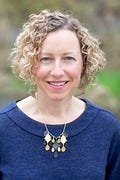




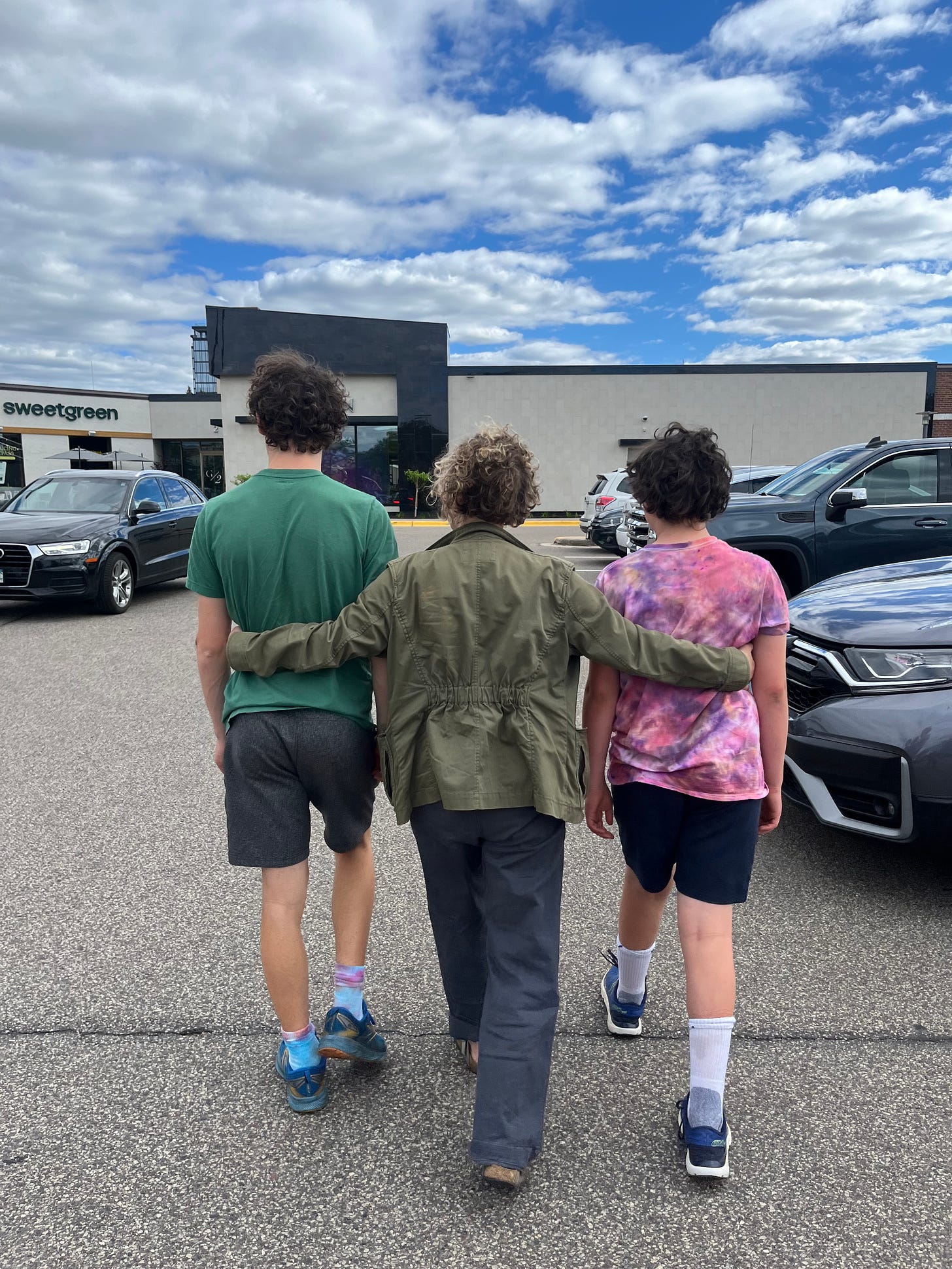
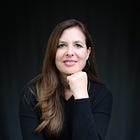
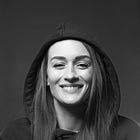
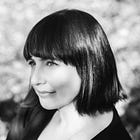
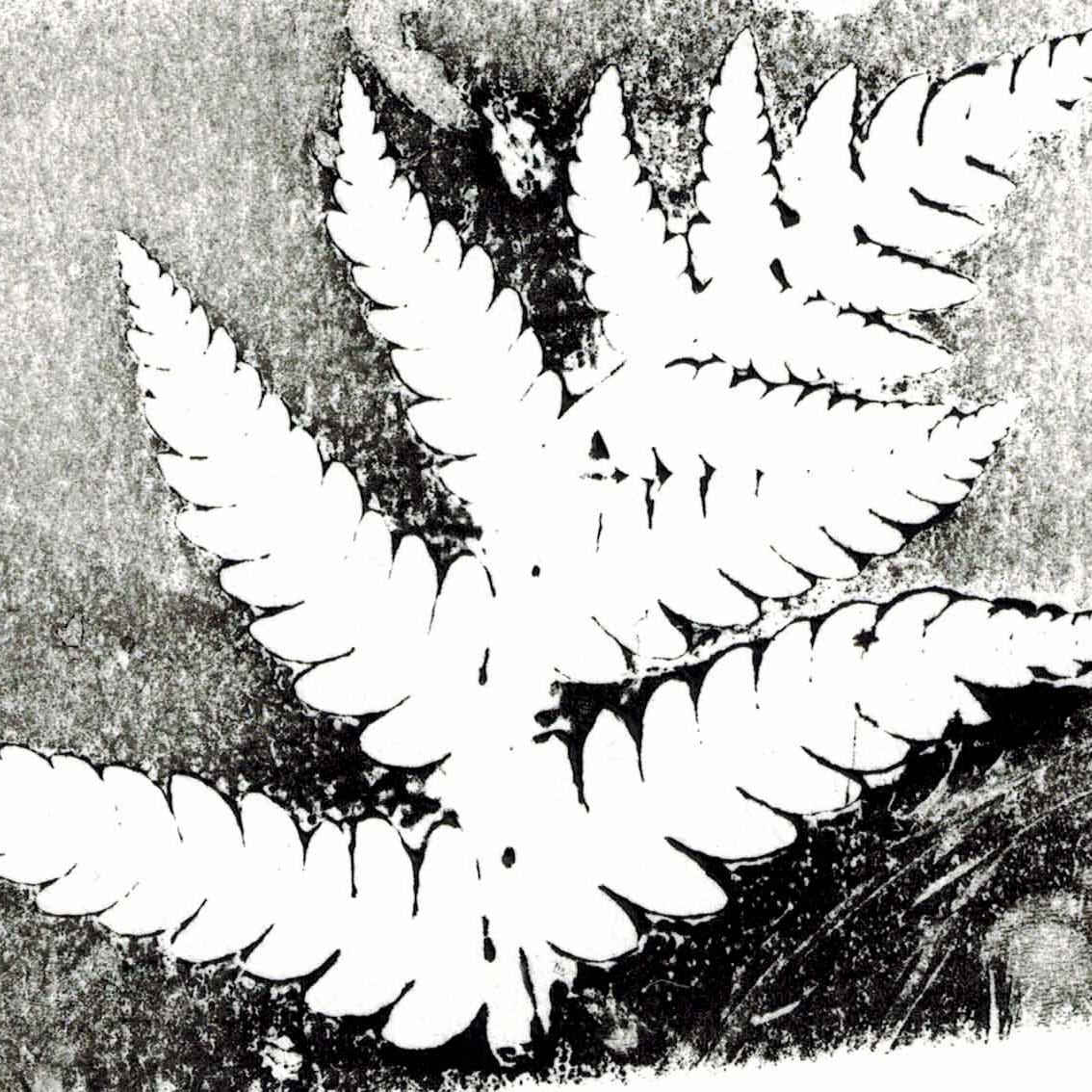

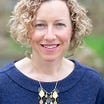
I really enjoyed this interview and look forward to reading the book! I love the idea of a rural book tour!
Yay Anna! What a lovely interview. I was so terrified of having a kid because I was afraid I would lose my creativity, just as you have seen is a theme, Nancy. I’m only one year in, but I think you’re right that it has just helped to focus it!